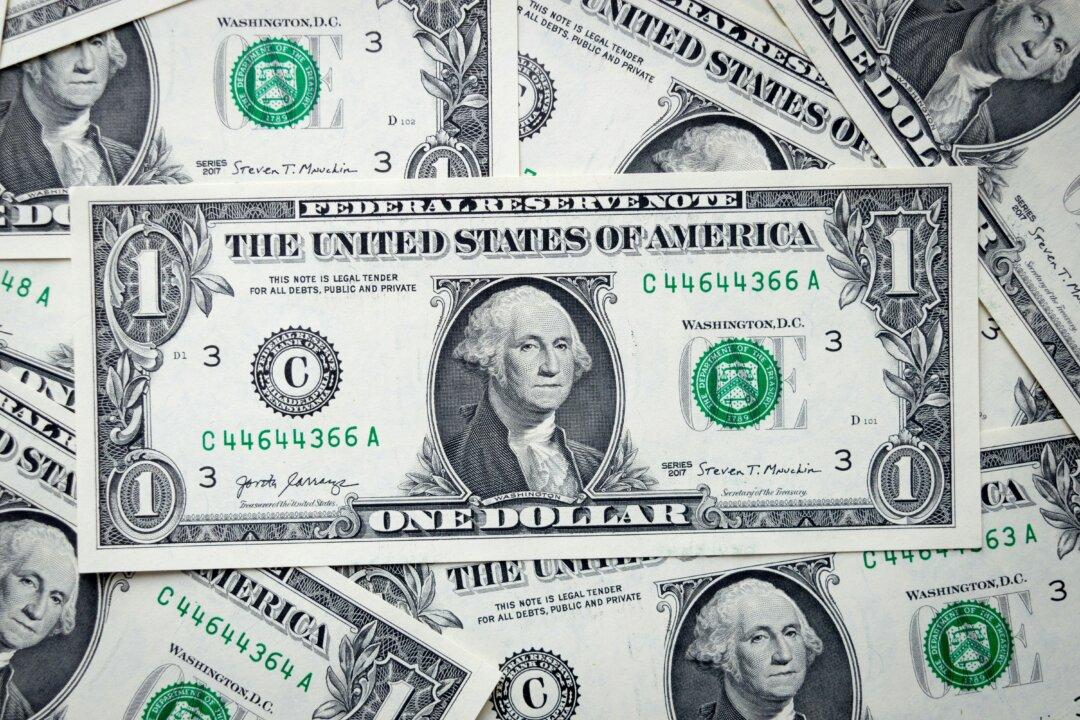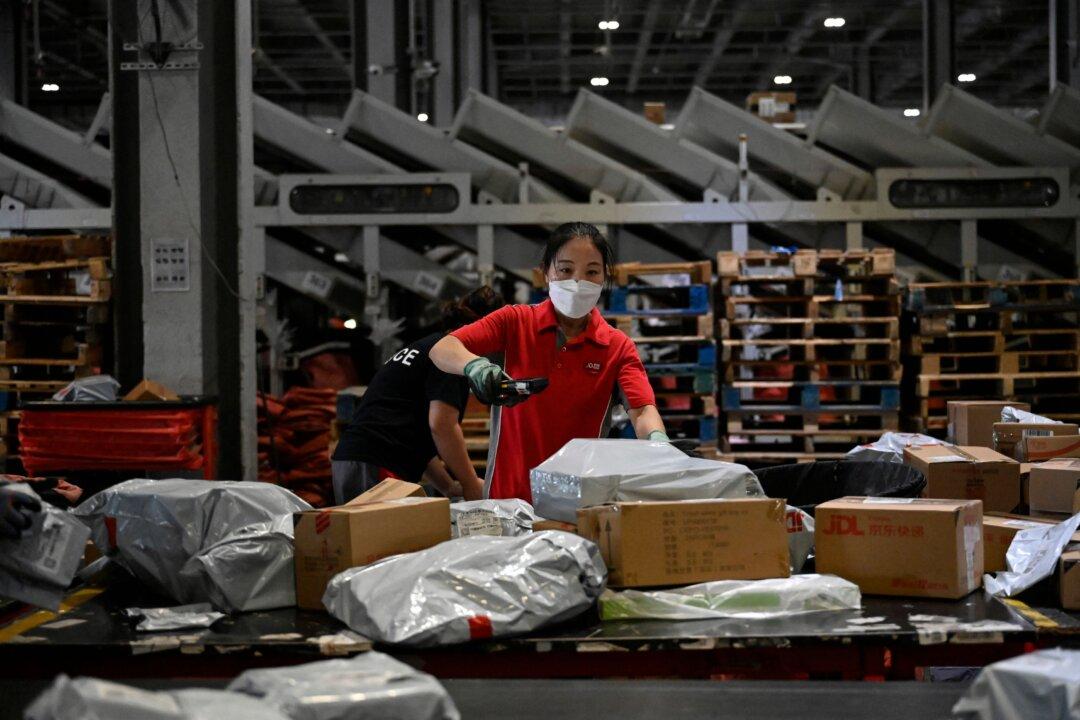In the wake of Country Garden’s dollar debt default and its adverse effect on investors, Sen. Rick Scott (R-Fla.) wants the Securities and Exchange Commission’s (SEC) Chair to investigate China’s opaque financial environment and hold Chinese Communist Party-run companies accountable for mitigating risks to America’s investors, families, its economy, and its national security.
Mr. Scott has also urged both government agencies and private companies to separate their operations and assets “from the genocidal Communist Chinese regime.”





